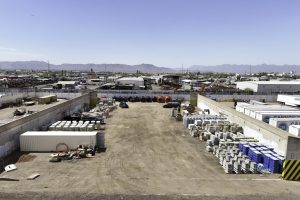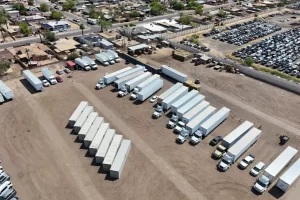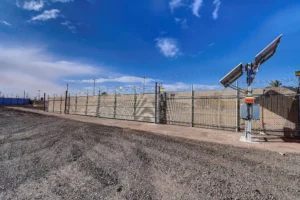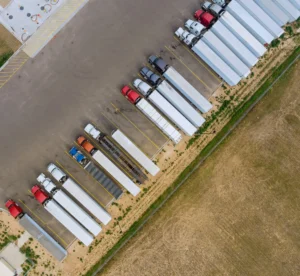If you own vacant land in Arizona—or you’re thinking about buying some—you might be sitting on a surprisingly profitable opportunity: truck parking spaces.
With the nationwide shortage of legal, secure parking for commercial drivers, truckers are constantly on the lookout for safe places to rest, especially near major freight corridors. Arizona, with its wide-open spaces, booming logistics industry, and proximity to major highways like I-10 and I-40, is uniquely positioned to meet that demand.
And here’s the good news: You don’t need to build a massive facility or be a trucking expert to get started. Whether you’re a real estate investor looking for passive income or a landowner tired of watching empty acreage sit idle, transforming unused land into truck parking spaces could be the low-overhead, high-demand business you’ve been waiting for.
In this guide, we’ll walk you through exactly how to turn dirt into dollars—covering zoning, design, startup costs, and marketing strategies—so you can make a smart, sustainable move in the growing world of commercial truck parking.
Why Arizona Is Ideal for Commercial Truck Parking

Arizona isn’t just known for its scenic deserts and sunshine—it’s also a major crossroads for the trucking industry. With several interstates running through the state, including I-10, I-17, and I-40, it’s no surprise that long-haul drivers pass through here daily. That means one thing: demand for commercial truck parking is high, and it’s only growing.
The combination of population growth, e-commerce expansion, and a booming logistics sector has created a bottleneck when it comes to safe, legal parking for trucks. Truck stops fill up fast, rest areas are limited, and in many cities, street parking is restricted or even prohibited for semis. Drivers need somewhere to go—and smart landowners in Arizona are stepping in to fill the gap.
What makes Arizona even more appealing? Unlike colder states, Arizona offers year-round access without the headache of snow removal or harsh freeze-thaw damage to lots. Plus, the relatively low cost of land in many parts of the state gives investors and property owners a unique edge.
So, if you’ve ever thought about making your land work harder for you, now’s a great time to explore how it could serve the trucking community. With the right planning, even a few acres can be transformed into a reliable, income-producing commercial truck parking site—and one that drivers will keep coming back to.
Zoning, Permits, and Legal Considerations

Before you break ground or draw up plans, it’s crucial to understand the legal side of things. Setting up semi-truck parking lots isn’t as simple as putting up a “Trucks Welcome” sign. Like any real estate venture, there are zoning laws, permits, and local regulations that must be followed—especially if you want your project to be compliant and profitable.
First, check your land’s current zoning classification. Not all parcels are automatically approved for commercial or industrial use. In many Arizona counties, truck parking may only be allowed on land zoned for industrial, transportation, or specific commercial uses. If your property isn’t zoned appropriately, you may need to apply for a rezoning or a conditional use permit (CUP), which can take time and community approval.
Next, consider environmental and infrastructure permits. Depending on the location, you may need to show proper drainage plans, address dust control (yes, it matters in Arizona), and ensure safe access from major roads or highways. Some municipalities also require noise impact studies or traffic flow evaluations—especially if your semi-truck parking lot will handle a high volume of daily traffic.
The bottom line? Don’t skip this step. Reaching out to your local planning and zoning department early in the process can save you serious time, money, and legal headaches. It’s the foundation for turning your vision into a legit, income-generating operation that checks all the boxes.
Planning and Designing Profitable Truck Parking Spaces

Once you’ve tackled the zoning and permits, it’s time to focus on the part that makes or breaks your investment—designing a lot that’s both functional and driver-friendly. A well-thought-out layout can set your truck parking spaces apart from the rest and keep drivers coming back.
Start with the basics: space and maneuverability. Semi-trucks aren’t exactly compact, so you’ll need wide entry points, ample turning radius, and enough space between parking stalls to make access stress-free—even at night. Pull-through spaces are a huge bonus and make your site more attractive for overnight or quick-turnaround parking.
Safety and visibility are next. Install tall, bright LED lighting to keep the lot secure and easy to navigate after dark. Fencing and a gated entrance add peace of mind for drivers leaving their rigs overnight. Bonus points if you include 24/7 surveillance or security patrols—many drivers are hauling valuable freight and won’t risk parking in an unsecured lot.
Depending on your budget, consider adding simple amenities like portable restrooms, vending machines, or trash disposal. These don’t just serve the drivers—they also elevate your location from basic to preferred. And in areas with limited services, even the smallest conveniences can give your truck parking spaces a competitive edge.
Think of your layout like a blueprint for profitability. The more efficient, secure, and user-friendly it is, the faster you’ll fill spaces—and the more income your land will generate month after month.
Startup Costs and Revenue Potential: What You Need to Know

Turning raw land into a revenue-generating lot might sound like a big leap—but when you crunch the numbers, a real estate parking investment often has a much lower barrier to entry than traditional development. And the potential for steady, long-term income? Surprisingly solid.
Let’s start with the basics. Your upfront costs will vary depending on the land’s condition, but generally include grading, gravel or paving, lighting installation, fencing, signage, and any required permitting or inspections. You might also need to invest in security systems, drainage, and minor amenities like portable restrooms.
Compared to building retail or residential structures, it’s far less complicated—and significantly more affordable. Many investors begin with a gravel lot and minimal infrastructure to keep costs low while testing the market.
Now for the fun part: revenue. Monthly or nightly rates for truck parking in Arizona can range from $15 to $40 per space, depending on location and amenities. Multiply that by 20, 50, or even 100 spaces, and it adds up quickly—especially if your lot is near major freight routes or distribution hubs.
You can lease the entire lot to a trucking company, work with brokers, or manage it yourself using parking apps or online booking systems.
A real estate parking investment like this doesn’t just bring in cash flow—it builds equity over time and offers a way to turn unused land into something drivers need and your wallet appreciates. It’s practical, scalable, and surprisingly passive when set up correctly.
Marketing and Filling Your Truck Parking Lot
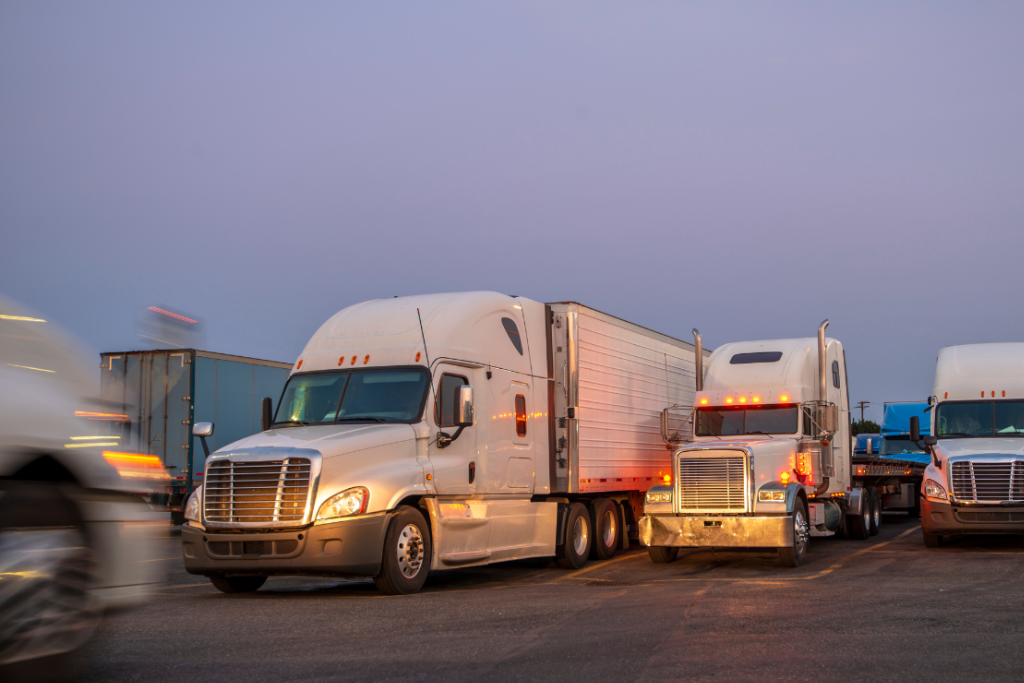
You’ve got the land, the layout, and everything ready to go—now it’s time to let drivers know your truck parking spaces exist. Even the best-designed lot won’t generate income if no one can find it, which is why smart marketing is just as important as the setup.
Start by listing your lot on trucker-focused platforms. Websites and apps like Trucker Path, Truck Parking Club, and TruckPark allow drivers to search for available truck parking spaces in real time. Many even offer reservation features, which can help you fill spaces in advance and reduce empty spots.
Don’t underestimate the power of local visibility, either. Well-placed highway signage with clear directions can go a long way, especially in high-traffic corridors. Simple banners like “Secure Truck Parking Ahead” or “Overnight Parking Available” can catch a driver’s attention at just the right moment.
You can also partner with freight brokers, dispatchers, and trucking companies to promote your lot as a go-to stop. Offer incentives like loyalty discounts or reserved spots for regular users—it’s a great way to build repeat business.
And of course, make sure your lot has a presence on Google Maps and local business directories. The more searchable your location is, the more likely it’ll pop up when drivers search “truck parking near me.”
The demand for secure truck parking spaces is out there—your job is to make sure your lot is easy to find, easy to access, and easy to trust. Once drivers know about it, word tends to spread fast.
Turning Open Land Into Opportunity
At the end of the day, converting vacant land into truck parking spaces in Arizona isn’t just a smart use of property—it’s a timely response to a growing need. With more freight moving across the country than ever before, drivers are constantly looking for safe, legal places to stop. That demand creates a real opening for landowners and investors who are ready to act.
From understanding zoning requirements and designing a functional layout to managing costs and marketing your lot, the path to profitability is clearer than most people realize. And unlike other real estate ventures, this type of parking investment doesn’t require complex construction or massive overhead—just thoughtful planning, good communication, and a driver-first mindset.
If you’re sitting on unused land or searching for your next passive income stream, now is the perfect time to explore how truck parking spaces can deliver both steady returns and long-term value. Start small, scale smart, and don’t be afraid to reach out to local experts who can help guide the way.
Ready to turn your land into a business? Let this be your roadmap—and your first step toward making your space work for you.


